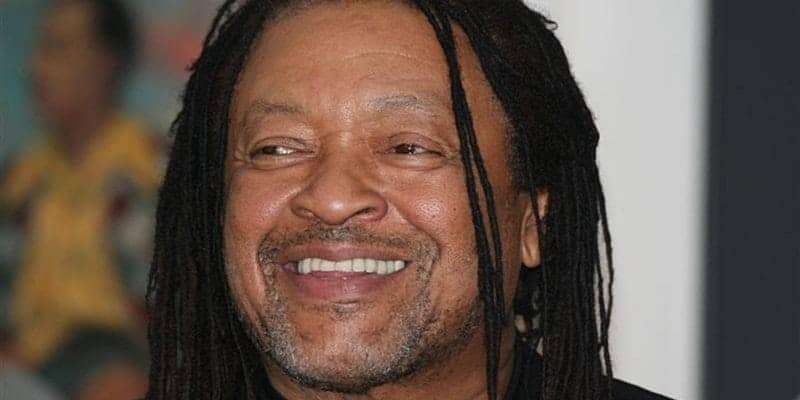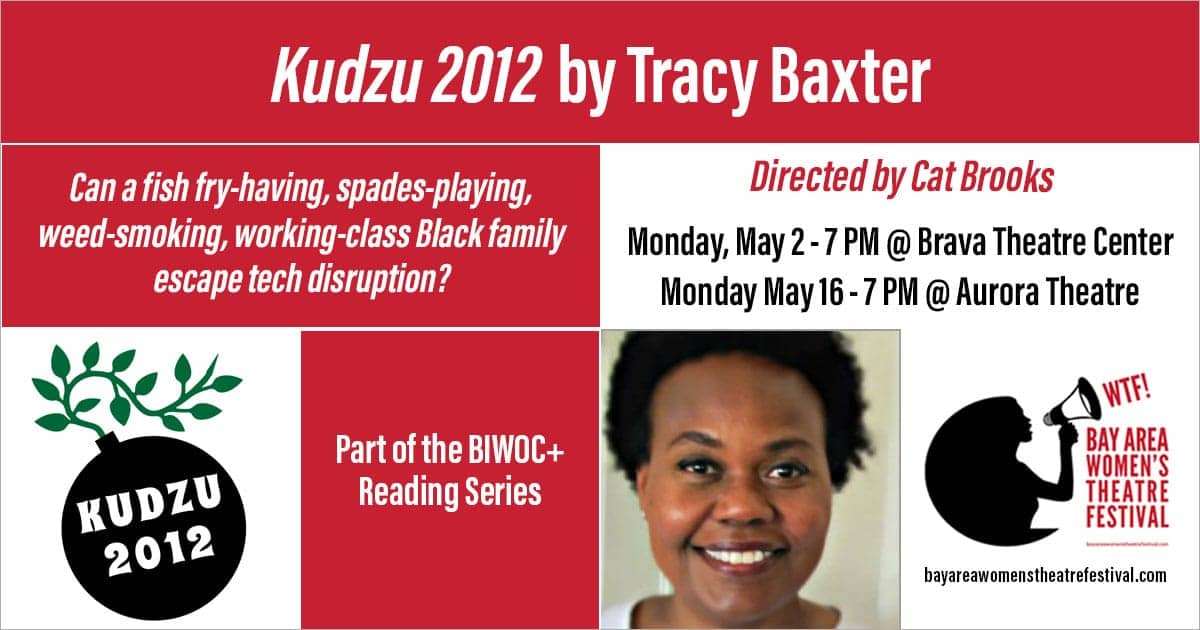
by Wanda Sabir
I had an opportunity to speak with Mr. Quincy Troupe at the end of March. I wondered, as I always do, what could we talk about. The man is both a scholar and a performance artist who has probably heard anything I could possibly suggest we discuss.
Nonetheless, I took a breath – did my due diligence regarding his new work, “Duende: Poems, 1966-Now” (2022). I read much of the work and made sure I touched all of the pages with my eyes. And the conversation was wonderful. I kept hearing surprise and delight in Mr. Troupe’s voice. I even asked him a question or made a comment on a motif he has – using “eye” for “I” – that he’d never heard addressed before.
This was by far a highlight of my humble year so far, and I hope when you listen to the conversation, and later when you watch it, the magic comes through. Visit Wanda’s Picks Radio, April 13, 2022.
“Duende: Poems, 1966-Now” (2022) by Quincy Troupe is amazing! His work stylistically is so varied. I found it had to read without savory breaks to sit in the work, splashing the images and sounds, tasting the specificity of spoken language – the work anchored in Black space, memories – crabs walking sideways, haints, or spirits, living on ocean floors where dry bones.
In “Duende,” just out on Seven Stories Press this year, Quincy Troupe fuses Black liberation love songs into a civil critique that forgets nothing as it queries everything. Using language like graphite on canvas, Troupe crafts work that recasts what seemed holy.
Stitches unraveled, candles relit, lightbulbs left unscrewed – this survey of old and new work reminds his audience of what we, Black people, left behind, how much of what we are is creative invention and grace.
“Duende” documents this amazing journey, Troupe both example and guide. His life is our life too. We all come from the same waters.
Excerpted here are: “Embryo” (1972); “Snake-Back Solos: Selected Poems, 1969-1977”; “Skulls along the River” (1984); “Weather Reports: New Poems, 1984-1990”; “Choruses” (1999); “Transcircularities: New and Selected Poems” (2002); “The Architecture of Language” (2006); “Errancities” (2012); “Ghost Voices: A Poem in Prayer” (2019); “Seduction: New Poems” (2013-2018); “New Poems 2019-2020.”
Don’t be intimidated by the 656 pages. Just take it one poem at a time. There are praise songs for ancestors Kobe Bryant, Aretha Franklin, Derek Walcott, Toni Morrison … Sekou Sundiata, Michael Jackson; tributes to John Coltrane, Lady Day and Dinah Washington; a dirge for Mike Brown, Tamir Rice and Trayvon Martin (p. 527). He also writes about family, loved ones, friends. The collection opens with “Embryo,” for his mother, Dorothy Smith Troupe Marshall (p. 22).
Themes traverse the work – alienation and reunion, memory and recreation – ancestors, politics – spirit a connecting tissue that keeps the wayward bound, safe. There is a poem about President Biden, Congresswoman Nancy Pelosi and many that mention President Obama. The locations for the stories or poems move and shift between California and New York, Ghana and Guadeloupe.
We ride the subways … sit on beaches, walk through busy city streets, listen to music, travel into the interior spaces in matters of the heart. Several poems are to his wife Margaret. How many collections do you own where a Black man honors his wife?
Musicality is present in all the work – sung easily in the longer pieces which fly on wings of black birds without punctuation. Eyes travel slowly so we don’t get kicked off the boat or out of the crowded van. We make notes to return later, these notes in the margins on pages where we read a word we don’t know or can’t pronounce. “Is this a Troupe creation?” we wonder as we continue to the next word, give up and take a Google break.

Troupe is erudite. Brilliant. One wonders how he writes so well and so prolifically.
My favorite sections so far are those with haunting imagery – the sections that have a soundtrack, the poems I hear waves crashing and birds calling, circling, diving. I appreciate the longer work that acknowledges the wounding and the scars Black people carry.
Love is what has saved us, and it is visible in the art the words illustrate, along with actual illustrations. “Duende” is a magical Black love story. The ending is happy, despite the tragedy, despite the horror.
Troupe walks, sings, dances us through the history that is our story in this experiment called America. He doesn’t tell us to watch out; he tells us to listen and follow the rhythms into those spaces we know only when we arrive.
It is a beautiful work, the man is a genius, a brilliant conjurer who has honed his craft well – “Duende” a sample that with each moment passed becomes out of date. Yet, truth is never dated, so neither is this master conjurer who calls on the spirit world to ride with him into these spaces we visit too seldom.
Here, the memories are freshest, medicine assured to cure. Troupe’s libation freshens the road. It is a Black magic star home.
A southerner, born July 22, 1939, in St. Louis, Mo., Troupe’s muse plays bass, sings tenor and wears blues … the recipient of numerous awards, the scholar, poet, teacher – retired after 35 years at University of San Diego, La Jolla – now lives in Harlem with his wife, Margaret Porter Troupe. He has an event at the NY Library April 28, 2022, for National Poetry Month. It is in person and online. Register in advance here.
There was a Black History Month 2022 program at African American Center at SF Main Library you can watch here.
Other programs
We spoke to Quincy Troupe, author and poet, about his latest work, “Duende.” It is a collection that spans 50 years of a creative life fully embodied. Taped on Zoom, this audio only approximates the honor it is to speak to such a magnificent human being three months before his 83rd revolution around so(u)l.
He has a few more appearances this month:
1. Poet, Quincy Troupe, “Duende: Poems, 1966-Now, reading and book signing at the Carrie Chen Gallery on Saturday, April 23 from 4-5 p.m., 16 Railroad Street, Great Barrington, MA 01230.
2. NY Society Library, Apr. 28, 6 PM ET livestream, free!
Bay View Arts and Culture Editor Wanda Sabir can be reached at wanda@wandaspicks.com. Visit her website at www.wandaspicks.com throughout the month for updates to Wanda’s Picks, her blog, photos and Wanda’s Picks Radio. Her shows are streamed live Wednesdays and Fridays at 8 a.m., can be heard by phone at 347-237-4610 and are archived at http://www.blogtalkradio.com/wandas-picks.





